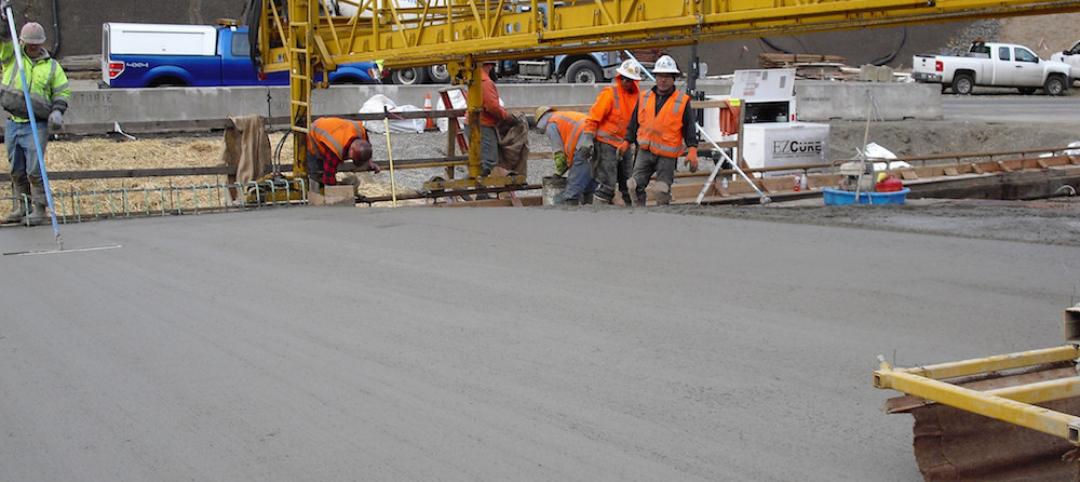OSHA published the long-delayed updates to its crane operator certification requirements in the Nov. 9 Federal Register.
As was expected, the agency will require certification by type of crane, and will accept certification by crane type and its lifting capacity. OSHA originally sought to certify operators solely by crane type and capacity in 2010.
That certification requirement was supposed to go into effect in 2014, but the agency later discovered that two of the four accredited testing services were issuing certifications for type of crane rather than type and capacity. The new rule specifies that certification/licensing must be accomplished via an accredited testing service, an independently audited employer program, military training, or compliance with qualifying state or local licensing requirements.
Most of the new final rule will go into effect Dec. 9, except for requirements that employers evaluate crane operators and document those evaluations. The latter requirements will take effect Feb. 7, 2019.
Related Stories
Concrete | Jun 13, 2016
American Concrete Institute releases new Guide to Shotcrete
Includes information on application procedures, testing.
Healthcare Facilities | Jun 10, 2016
Top 10 health technology hazards include some influenced by space design
ECRI Institute’s annual list includes operational and workflow issues.
Codes and Standards | Jun 9, 2016
Supreme Court ruling could aid developers on properties containing wetlands
Unanimous decision allows landowners to take regulatory decisions straight to court.
Green | Jun 8, 2016
TD Bank Group's renovated Toronto office is first WELL-Certified project under WELL v1
The newly renovated 25,000-sf space achieved gold-level status.
Concrete | Jun 7, 2016
Concrete Institute publishes document providing concrete curing guidance
New curing monitoring techniques included.
Energy | Jun 7, 2016
Energy modeling payback typically as short as one to two months
Energy modeling is a ‘no-brainer—like checking MPG on a car’
Green | Jun 2, 2016
USGBC offers new LEED pilot credit: Building Material Human Hazard and Exposure Assessment
For assessing human health-related exposure scenarios for construction products.
Resiliency | Jun 1, 2016
Federal agencies boost standards for more resilient construction
HUD, FEMA, GSA, Army Corps of Engineers make policy changes.
Green | May 31, 2016
Miami Beach requires developers to meet green standards or pay a fee
Applies to structures larger than 7,000 sf.
Codes and Standards | May 27, 2016
Better enforcement needed for successful implementation of energy efficiency policies
Commercial buildings the focus of recent code initiatives.
















